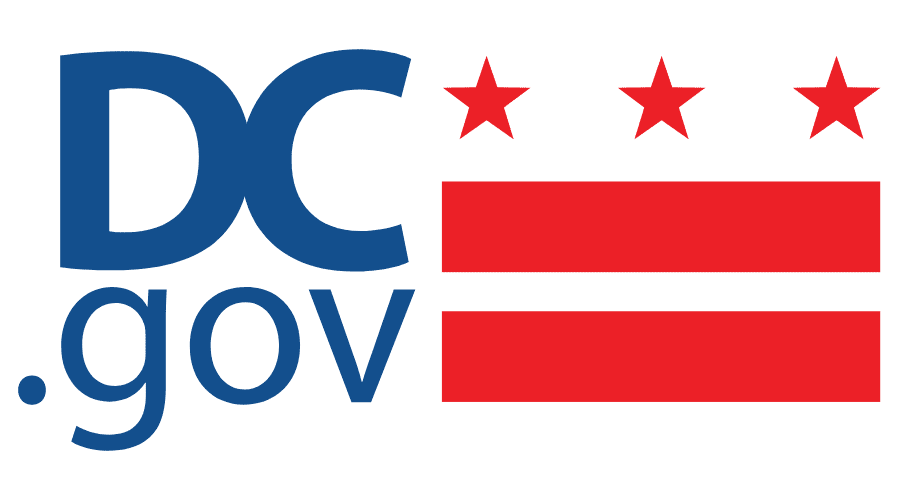Below is the letter and accompanying presentation our office sent to the D.C. Mayor and Council, outlining our latest quarterly revenue estimate for June 2024. You can find the full letter with data appendices here. The presentation in powerpoint format is here.
Revenue Letter
This letter certifies that the revenue estimate for the FY 2024 – FY 2028 District of Columbia Budget and Financial Plan remains unchanged from the February 2024 estimates. Fiscal 2024 year-to-date collections through May increased by 3.2 percent compared to the previous year. However, this growth was largely due to exceptional collections from a few revenue sources, particularly interest income, in the first quarter of the fiscal year, which has since decreased significantly. Revenue growth is expected to slow for the rest of the fiscal year and meet the February forecast of 0.2 percent. Like many other states, individual income tax collections during the April filing season were lower than anticipated. Although sales tax growth, driven by a rebound in tourism and strong consumer spending, had a strong start at the beginning of the fiscal year, it has slowed in recent months. Additionally, collections from the unincorporated business franchise tax, deed taxes, and some components of non-tax revenue are below the forecast, dampening overall revenue growth.
There have been no significant changes to the economic outlook since February, but both the national and local economies face downside risks. Inflation remains stubbornly high, and the prospect of a significant reduction in interest rates this year has faded. Prolonged higher interest rates increase the likelihood of a significant slowing in the national economy in the near- to medium-term. Geopolitical turmoil is also a risk for the national economy, and significant deterioration in the commercial office market remains the single biggest risk to the local economy.
Bulleted Summary of Economic Outlook and Revenue Trends (view in Powerpoint)
DC’s economic outlook is unchanged from February
- Jobs in DC remain below pre-pandemic levels across nearly all sectors (the DC government is the only exception) as of the first quarter of 2024.
- DC jobs and GDP growth lag the national average as the District continues its sluggish recovery from the COVID-19 pandemic.
- The unemployment rate has increased from its lowest point of 4 percent in November 2022, to an average of 5.1 percent for the first quarter of 2024, but remains historically low.
- The commercial property market continues to weaken with reduced office occupancy.
- Inflation remains stubbornly high, delaying any reduction in interest rates; prolonged higher interest rates increase the likelihood of significant slowing in the economy.
FY 2024 revenue is on track to meet our February estimate
- FY 2024 year-to-date (YTD) collections through May are growing at 3.2%, but are expected to slow in coming months to meet the February forecast of 0.2%.
- Extraordinarily high-interest income collections in the first quarter of this fiscal year have since fallen significantly.
- Strong sales tax growth, buoyed by a rebound in tourism and strong consumer spending earlier in the fiscal year interest, has slowed in recent months.
- Second-half real property tax payments are expected to be lower than the first half after factoring in the impact of appeals.
- April individual income tax collections were lower than expected, with non-withholding tax payments down 25 percent relative to last year; final extension payments are also expected to be lower.
- Unincorporated business and deed taxes are trending below forecast.
Risks to our outlook
National:
- Prolonged higher interest rates to contain inflation
- Geopolitical turmoil: escalation of the war in Ukraine and Gaza
- Uncertainties around federal spending and taxes as TCJA expires
- Uncertainties related to the national election in November
District:
- Remote work expands beyond current levels
- Federal employment continues to decline
- Population recovery stalls
- Potential reduction in Metro service within the financial plan period
- Public safety concerns

